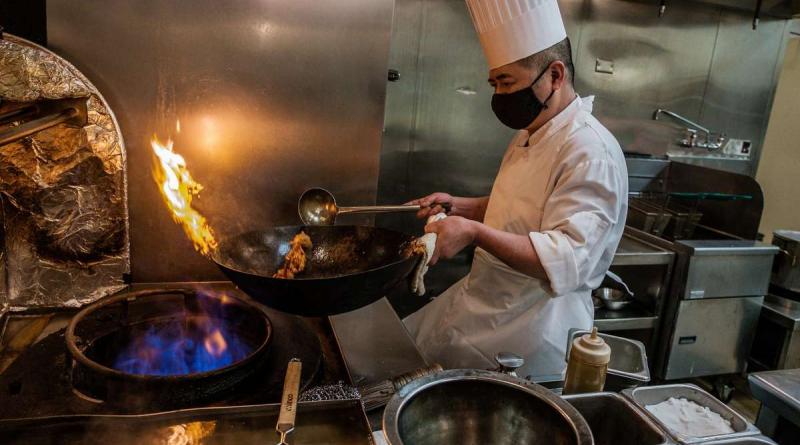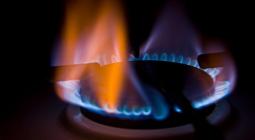No more natural gas in new San Francisco buildings starting next year.

“The world is changing,” Keighran said. “I came to see that buyers will want this. Buyers will expect this. The mind-set of the younger demographic is to want and demand this.
“This is ahead of its time, but not by much,” he said of Mandelman’s legislation. “Very soon the whole world will be following this path.”
On Tuesday, the San Francisco Board of Supervisors voted unanimously to ban natural gas in new buildings. The ordinance will apply to more than 54,000 homes and 32 million square feet of commercial space in the city’s development pipeline. San Francisco has already banned natural gas for any new city-owned building. Berkeley banned gas in new buildings last year — the California Restaurant Association has sued the city over that ban.

Photo: Jessica Christian / The Chronicle
Natural gas accounts for roughly 40% of San Francisco’s overall emissions of greenhouse gases and 80% of building emissions. Requiring cleaner, all-electric buildings in new construction will increase building safety, reduce emissions citywide and improve indoor air quality, Mandelman said. A 2018 executive order from then-Gov. Jerry Brown mandates that the state reach carbon neutrality by 2045 and maintain net negative emissions after that.
The measure will extend to buildings that apply for a building permit after June 30. Planned buildings with retail spaces are exempt from the all-electric transition until Jan. 1, 2022, and after that may apply for a waiver to construct a mixed-fuel building to allow flexibility for restaurants. Existing restaurants will not be required to turn off their gas burners.
In a statement, the Golden Gate Restaurant Association said: “We completely understand the need for a focus on the reduction of greenhouse emissions. However, we have real concerns that a gas ban in new buildings would put additional restrictions on the spaces available for restaurants.”
While the industry group applauded the waiver that would permit gas use, Steven Lee, an entertainment commissioner who is an investor in the historic Sam Wo Chinatown restaurant, said that he understands why apartments should be all-electric but thinks restaurants should be exempt.
“We are all for clean air and everything, but small business gets hit hard with bills like this, especially Chinese and other ethnic restaurants,” he said. “There are not a lot of opportunities for mom-and-pop entrepreneurs. What if they want to go into a new building at the Chase Center or Pier 70 or Candlestick when they build that? They won’t be able to — no way in hell you are going to put a wok on an electric stove.”
Developer Eric Tao of L37 Partners, which is building a mixed-use project with hotel and condos at 950 Market St., said that the exemption and waiver process for restaurant spaces provides enough flexibility that he supported the legislation. He said developers rarely know before a building is near completion if a retail space will be filled by a restaurant or another use. Allowing gas lines for that one space would enable developers to keep their options open.
11 November 2020
San Francisco Chronicle




